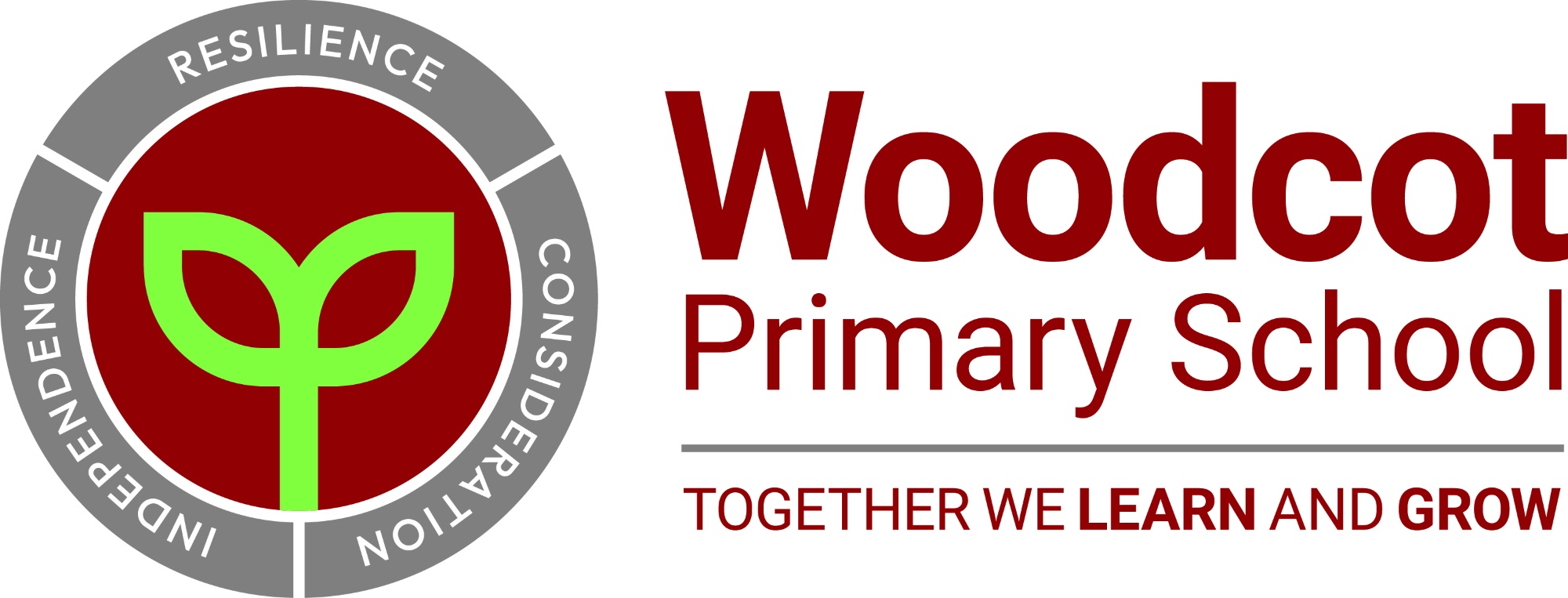EYFS
At Woodcot primary school our Nursery and Reception follow the Early Years Foundation Stage (EYFS)
Mrs Ashton is responsible for the EYFS. This means ensuring there is an ambitious curriculum set, supporting teachers to implement it through high-quality lessons and checking that everything is helping children to know more, remember more and do more, whist ensuring children are prepared to take their next phase of learning in Key Stage 1.
The DfE states that:
All children deserve the care and support they need to have the best start in life. Children learn and develop at a faster rate from birth to five years old than at any other time in their lives, so their experiences in early years have a major impact on their future life chances. A secure, safe, and happy childhood is important in its own right. Good parenting and high-quality early learning provide the foundation children need to fulfil their potential.
The EYFS sets the standards that all early years providers must meet to ensure that children learn and develop well and are kept healthy and safe. It promotes teaching and learning to ensure children’s ‘school readiness’ and gives children the right foundation for good future progress through school and life.
The EYFS is about what children learn, as well as how they learn. Effective practice is a mix of different approaches. Children learn through play, by adults modelling, by observing each other and through adult-guided learning.
The EYFS seeks to provide:
- Quality and consistency in all early years settings, so that every child makes good progress, and no child gets left behind.
- A secure foundation through planning for the learning and development of each individual child and assessing and reviewing what they have learnt regularly.
- Partnership working between practitioners and with parents and/or carers.
- Equality of opportunity and anti-discriminatory practice, ensuring that every child is included and supported.
Overarching principles
Four guiding principles should shape practice in the early years. These are:
- Every child is a unique child, who is constantly learning and can be resilient, capable, confident, and self-assured.
- Children learn to be strong and independent through positive relationships.
- Children learn and develop well in enabling environments with teaching and support from adults, who respond to their individual interests and needs and help them to build their learning over time. Children benefit from a strong partnership between practitioners and parents and/or carers.
- Importance of learning and development. Children develop and learn at different rates.
The framework covers the education and care of all children, including children with special educational needs and disabilities (SEND).
The areas of learning and development
There are seven areas of learning and development that set out what providers must teach the children in their settings. All areas of learning and development are important and interconnected. Three prime areas are particularly important for learning and forming relationships. They build a foundation for children to thrive and provide the basis for learning in all areas. These are the prime areas:
- Communication and language
- Physical development
- Personal, social and emotional development
Providers must also support children in four specific areas, which help strengthen and develop the three prime areas, and ignite children’s curiosity and enthusiasm. The specific areas are:
- Literacy
- Mathematics
- Understanding the world
- Expressive arts and design
If you would like more information in addition to that published on this page, please make contact with Mrs Ashton via the office:
admin@woodcotschool.co.uk
